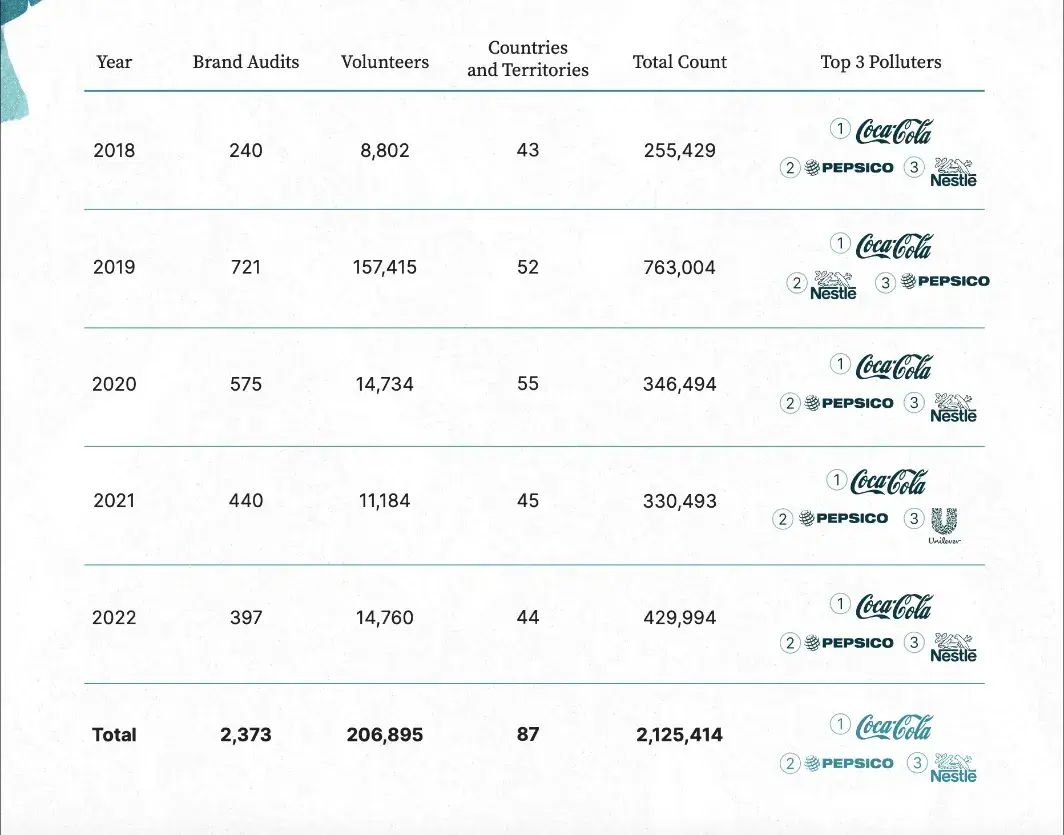PepsiCo
PepsiCo is an American food and beverage corporation that acquired SodaStream in 2018, connecting the company to operations previously located in illegal Israeli settlements.
SodaStream Acquisition and Settlement Operations
PepsiCo completed its acquisition of SodaStream in December 2018 for $3.2 billion. SodaStream operated its main manufacturing facility in the Mishor Adumim industrial zone from 1996 to 2015, an illegal Israeli settlement in the occupied West Bank built on stolen Palestinian land. The Boycott, Divestment, Sanctions (BDS) movement made SodaStream a priority boycott target due to this settlement location, which is a violation of international law.
Under sustained boycott pressure across European markets, SodaStream closed the Mishor Adumim facility in October 2015 and relocated to Lehavim/Rahat in the Negev desert. However, BDS organizers noted that SodaStream "is still subject to boycott" due to its complicity in Israeli apartheid and the new facility's role in displacing Bedouin communities. The relocation came just three years before PepsiCo's acquisition, inheriting both the brand and its legacy of profiting from occupation.
Displacing Bedouin Communities
The relocated factory in Lehavim/Rahat sits on land central to Israeli government plans to displace at least 40,000 Bedouin citizens of the Naqab. Israeli general Moshe Dayan outlined the strategy in 1963 to "transform the Bedouin into an urban proletariat" by forcing them off their land. SodaStream's factory became part of this decades-long industrialization plan designed to divorce Bedouin citizens from their heritage and agricultural way of life.
Exploitative Labor Practices
Palestinian workers at SodaStream's West Bank factory described conditions that contradicted the company's public image. A Palestinian employee told The Electronic Intifada that workers were "treated like slaves," working 60-hour weeks without overtime compensation. The factory maintained a rigid hierarchy with white Jewish managers at the top and Palestinians relegated to manual labor, with only two out of hundreds achieving foreman status. Muslim employees reported denied prayer rights, while workers faced constant job insecurity including threats of immediate termination for taking sick leave. A former employee told Al Jazeera the plant was "a lot less safe than they claim" and described a culture of fear where workers avoided speaking to media due to arbitrary dismissal concerns.
Child Labor and Forced Labor in Supply Chains
A 2016 Amnesty International investigation documented forced labor and child labor on Indonesian palm oil plantations supplying Wilmar International, a major PepsiCo palm oil supplier. The investigation found children as young as 8-14 years old working in hazardous conditions, handling dangerous pesticides without protective equipment, paid below minimum wage, and subjected to exploitative quotas. Workers described spraying toxic chemicals without safety gear, enduring physical abuse from supervisors, and children missing school to help parents meet impossible harvest targets.
Potato farming operations supplying Frito-Lay, a PepsiCo subsidiary, have faced reports of migrant worker exploitation in Pacific Northwest farms, including substandard housing and wage violations.
Plastic Pollution Leadership
Break Free From Plastic's annual brand audits consistently ranked PepsiCo among the top three global plastic polluters, placing it at #2 from 2018 to 2021, and #1 by total plastic waste generated in 2022. In 2023, PepsiCo was listed as the #4 polluter. Across more than 87 countries, cleanup data frequently identifies Aquafina bottles, Pepsi bottles, and Lay’s packaging in environmental surveys. Despite PepsiCo’s pledge for 50% recycled content by 2030, groups like Greenpeace have criticized the company for greenwashing and failing to address the scale of its plastic production.

"Suicide Shifts" at American Factories
In July 2021, workers at a Frito-Lay facility in Kansas, USA, held a 20-day strike to protest forced overtime and working conditions under parent company PepsiCo. The workers were enduring 12-hour shifts, which workers called "suicide shifts," that resulted in 60- to 84-hour workweeks. Employee testimonies included accounts of being forced to work for months without a day off. Conditions at the facility were also connected to heat-related illnesses and worker deaths.
PepsiCo has a recurring pattern of labor violations and discrimination settlements, including millions paid for unpaid overtime, and wage theft, as well as settlements for racial discrimination in hiring practices.
Sources:
- Amnesty International The Great Palm Oil Scandal: Labour Abuses Behind Big Brand Names
- Al Jazeera SodaStream controversy continues to bubble
- BDS Movement SodaStream is Still Subject to Boycott
- Break Free From Plastic The Brand Audit 2023
- Break Free From Plastic The Brand Audit Report 2018-2022
- CJPME Boycott Campaign: SodaStream
- NPR Striking To End 'Suicide Shifts,' Frito-Lay Workers Ask People To Drop The Doritos
- Reuters PepsiCo settles U.S. charge of racial bias in hiring
- The Electronic Intifada New SodaStream factory could help destroy Bedouin agriculture
- The Electronic Intifada SodaStream “treats us like slaves,” says Palestinian factory worker
- U.S. Equal Employment Opportunity Commission Pepsi to Pay $3.13 Million and Made Major Policy Changes to Resolve EEOC Finding of Nationwide Hiring Discrimination Against African Americans